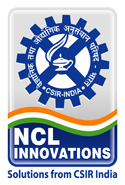
  |
History of Technology at NCL
1980 Ė 1990

 |
In the newsDownloadsResearch and Insights
Related links |
|
|
||

  |
History of Technology at NCL
1980 Ė 1990

 |
In the newsDownloadsResearch and Insights
Related links |
|
|
||